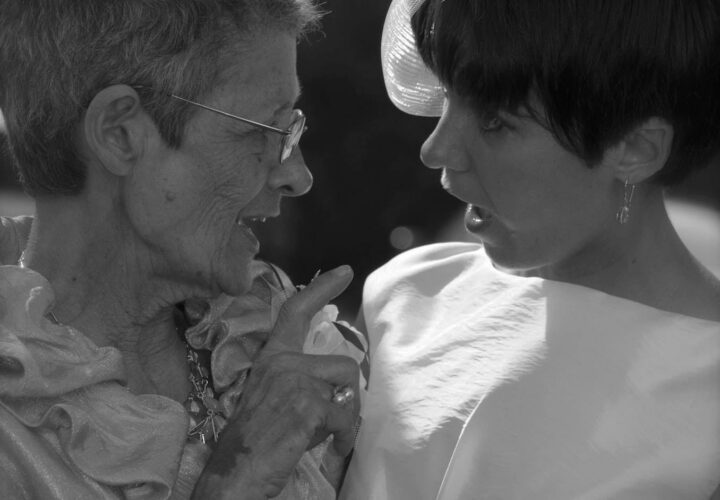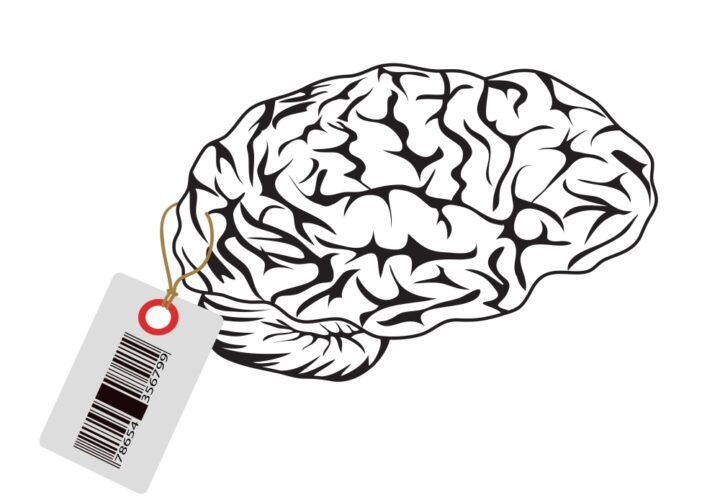When you receive a diagnosis, planning for Alzheimer's disease with your family can help you sort out important financial and long-term care issues.
Although certain genes could increase your Alzheimer’s risk, having a parent or grandparent with Alzheimer’s does not guarantee you will develop the disease. However, if you’ve found yourself caring for a loved one with Alzheimer’s, now may be a good opportunity to discuss planning for Alzheimer’s disease with your children and how you’d like to prepare for the future if you were to receive a diagnosis.
Having the Talk
When you’re dealing with young children, offer simple answers to their questions. They may wonder why grandma doesn’t hug them the way she used to or why grandpa can’t stop crying. Children under the age of 10 are likely not going to fully grasp that their loved one is experiencing a degenerative brain disorder. They will, however, understand the need to provide loving care.
Older children and teenagers can understand much more and should also be exposed to the entire process of dealing with the disease, including its financial impact. Parents offers more insight on talking with children about Alzheimer’s disease.
Financial Matters
While your loved one’s health is obviously at the forefront of your concerns, you’ll also need to tend to financial matters. Since Alzheimer’s is genetic, it’s a good idea to let your kids witness and, depending on their ages, participate in their grandparents’ care and financial planning. A few key points to touch on include paying for long-term nursing care, medications and other expenses associated with a terminal illness.
You may rely on parents’ or grandparents’ savings as one option to cover these costs. If they have long-term care insurance, Medicare.org explains that many of the custodial costs may already be covered.
Custodial care is care that goes beyond necessary medical attention. Assistance with eating, getting out of bed, bathing and using the toilet are examples of custodial care. Medicare does not pay for these under most circumstances.
Veterans may be eligible for additional benefits provided by the Federal Government. Depending on the length of service, veterans — and their eligible spouses — can receive certain benefits for in-home care services if they would rather remain at home throughout the course of their disease.
Care Isn’t Cheap
Nursing care services, which are almost an inevitable need for individuals with Alzheimer’s disease, are extremely expensive. Clark.com contributor Maryalene LaPonsie asserts that nursing care can cost almost $100,000 per year and is something that the vast majority of seniors will need at some point.
She notes that although Medicare does not cover long-term residential assistance, Medicaid usually does, but at a very steep price. Medications to treat the effects of Alzheimer’s disease are also cost prohibitive if not covered by insurance. ConsumerReports.org estimates that Alzheimer’s drugs can cost up to $400 per month, even if your senior loved one is eligible for Medicare or has private insurance benefits.
Inheritance Lost
One important topic to discuss with your children if their aging grandparents are receiving Medicaid is that this government benefit may leave them without an inheritance. According to LegalZoom, Medicaid, Supplemental Security Income and other government benefits are based on income and resources.
This means that the Alzheimer’s patient can not have an income or assets that exceed $2,000 in most states. Medicaid typically does not become active until this threshold has been met. Personal property, primary real estate, a single vehicle and certain insurance and funeral plans are not counted as assets.
It’s never easy talking to your children about life-changing medical problems. But if it becomes necessary, you can use it as a learning opportunity to help your children understand the real impact. By doing so, you empower them to make financial decisions that will affect their own children and grandchildren many years into the future.







My husband is 91, just diagnosed with early alzheimers. Physically in perfect shape, but not the brain. What a shame.
The misconception is that Medicare covers custodial care. Medicare only covers skilled care, such as rehab and physical therapy. State Medicaid programs cover custodial care, such as activities of daily living. With the right guidance and planning with a Medicaid Consultant in your area, you can protect assets and get the help your loved one needs.